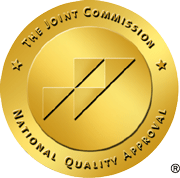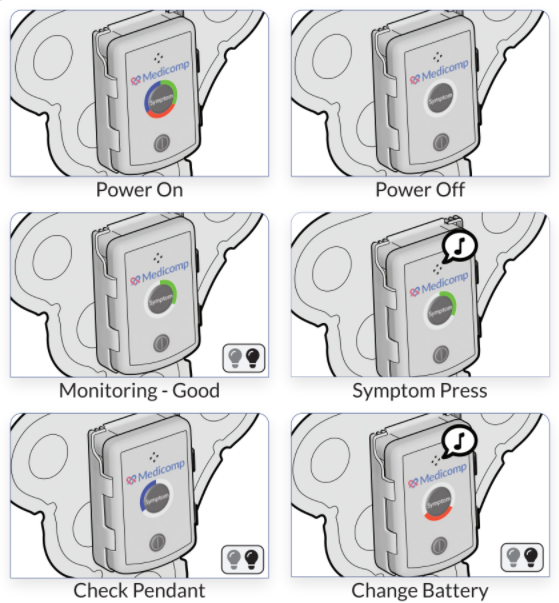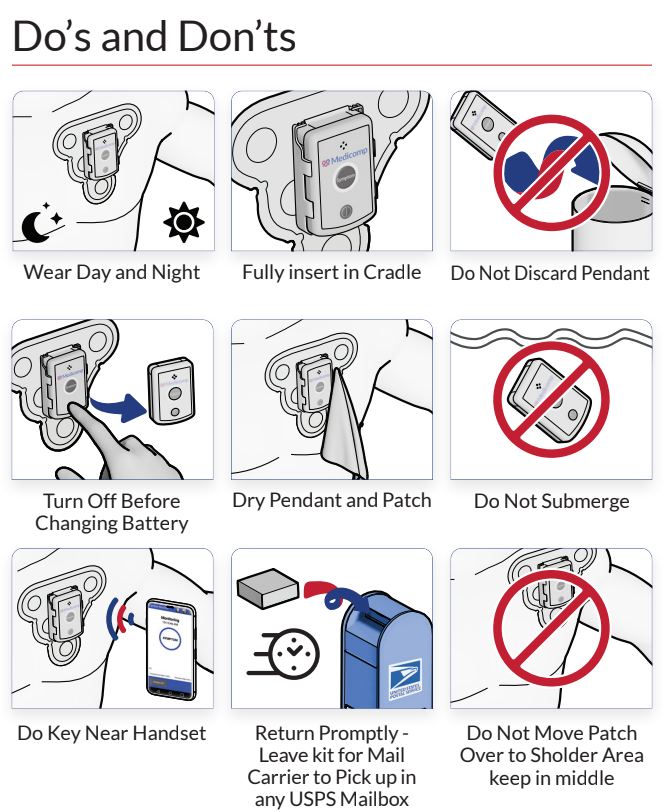Statista forecasts that over five billion people will own a mobile device by the year 2019. With more and more individuals having access to the Internet anytime, anywhere, it only makes sense that physicians begin utilizing this technology to transform the way they run their practices. ReactDx, the makers of a top-notch portable cardiac monitor, report on this recent trend and its many benefits.
Improved Workflow
Nurses and doctors can save countless hours documenting patient symptoms and exam findings when using mobile devices in the office. Staff won’t have to spend precious time searching for a patient file in a filing cabinet, which leads to a faster check-in process. Additionally, the billing department will be able to submit insurance claims with the touch of a button.
Better Patient Care
While email and phone messages are tools patients can use to connect with their doctors, they aren’t always delivered in a timely manner. Secure messages sent through text are delivered instantly, which means quicker communication between doctor and patient.
There is also a line of wearable patient monitors that are designed to send information directly to a physician’s mobile device. For example, doctors can be alerted to a diabetic’s glucose levels, or a cardiologist can receive ECG data on a patient that will alert them of any cardiac events the patient may be experiencing.
Reduction in Healthcare Costs
Another benefit of incorporating mobile technology is a reduction in healthcare costs. Patients won’t have to return to their doctor’s office as often, resulting in less payments. Patients can be monitored remotely with the data reaching their physician in minutes, leading to lower hospital readmission rates. The physician can then address issues before the patient ends back up in the hospital.
As long as safeguards such as encryption and forms of authentication are put into place, mobility has the power to transform clinical work. To learn about portable cardiac monitors and how they can be used with a mobile device to keep an eye on a patient’s heart health call ReactDx at 800-234-3278, or read our News & Updates page.



